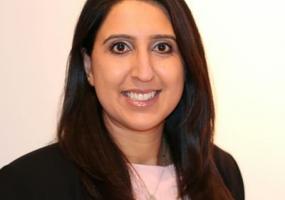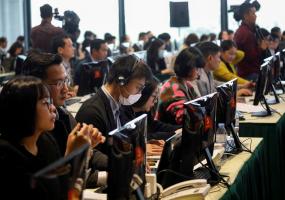Self-Censorship in the Israeli Media
11 Oct 2007
Trevor Mostyn writes:
In a crowded lecture-hall the inaugural seminar-lecture of the Reuters Institute for the Study of Journalism for the Michaelmas Term on October 10th was given by Israel’s leading 'new historian', Professor Ilan Pappé. Pappé has just left Haifa University to join the History Department of Exeter University and this was his first lecture since taking up his new post. This year he published The Ethnic Cleansing of Palestine. His lecture, "The Self-Censored Watch Dog: The Israeli Media and the Palestine Conflict" was chaired by the acting Director of Oxford’s Middle East Centre, Professor Avi Shlaim, who is himself one of the three 'new historians'. Shlaim noted the impact of these historians, whose role in the wake of the second Palestinian Intifada (uprising) of 2000, has been to reveal the history of Palestinian dispossession. Unpopular inside Israel, they have revised the narrative of the Nakba (the Palestinian ‘Catastrophe’ of 1948) when 700,000 Palestinians fled the new state of Israel and, indeed, revised the given views of Israeli history right up to the so- called ‘generous offer’ that Prime Minister Ehud Barak made to the Palestinians at the Camp David and subsequent Taba talks in 2000. Pappé explained that he has lost the optimism he felt briefly after the Oslo peace accords were signed on the White House lawn in 1993. The trend to revise the historical narrative had been set by the founder new historian, Benny Morris, in his book The Birth of the Palestinian Refugee Problem 1947-1949. Nevertheless, Morris, Shlaim explained, had moved to the hard right, arguing that the error of Israel's founding father, David Ben Gurion, had been to allow 150,000 Palestinian Arabs (over one million today) to remain in Israel in 1948. Morris, he said, had argued that "Stuff happens".



